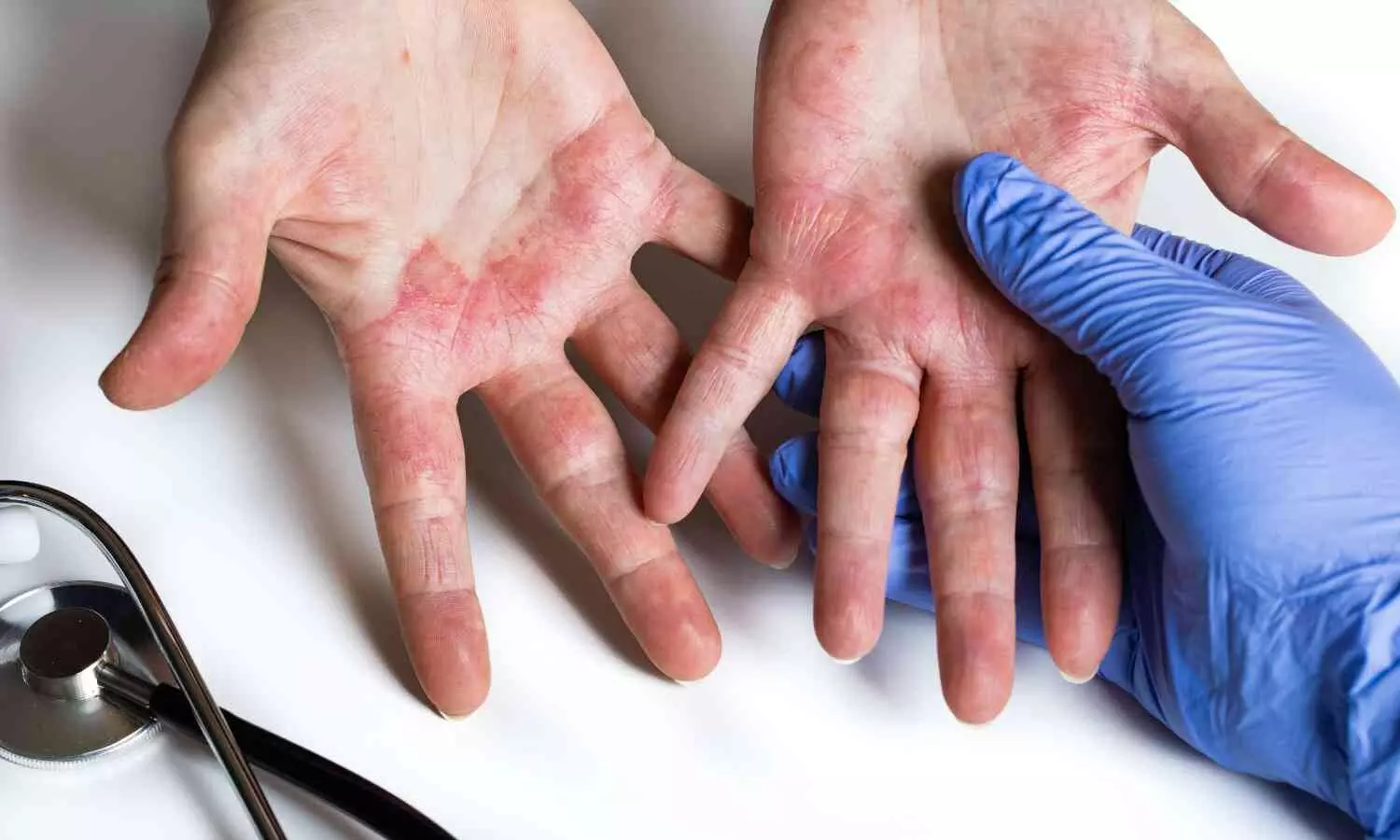Report Highlights AI May Identify and Manage Atopic Dermatitis

New Delhi: Artificial Intelligence (AI) is emerging as a tool in diagnosing and managing atopic dermatitis, a chronic skin condition, enabling more accurate, early, and standardized identification of the disease. This, in turn, is optimizing patient outcomes, as highlighted in a report by GlobalData, a data and analytics company.
Atopic dermatitis is a multifaceted disease characterized by varied clinical presentations and symptoms. Severe cases are often accompanied by pruritic rashes that disrupt sleep during flare-ups, as well as psychological conditions such as anxiety and depression, significantly impairing patients’ quality of life. Furthermore, the condition can lead to reduced productivity, underscoring the need for effective management strategies.
Despite being a top priority for physicians, managing atopic dermatitis remains challenging due to its disruptive symptoms, including persistent itchiness and skin inflammation. The primary reliance on clinical evaluation for diagnosis introduces subjectivity and variability, further complicating the process. Additionally, the absence of objective biomarkers for definitive diagnosis and assessment of disease severity poses significant hurdles for healthcare providers.
AI, however, offers innovative solutions to these challenges. With its ability to simulate human intelligence in machines, AI has the potential to revolutionize healthcare by improving diagnostics, drug discovery, and personalized treatment approaches. Filippos Maniatis, a Healthcare Analyst at GlobalData, emphasized the role of AI-powered image recognition in identifying characteristic patterns of severity in skin lesions. Over time, advancements in machine learning are expected to enhance diagnostic accuracy significantly.
The integration of AI into wearable devices has also shown promise in advancing atopic dermatitis management. These devices enable continuous monitoring of skin conditions, providing real-time data crucial for effective disease management. By tracking changes in disease severity, such as flare-ups, physicians can adjust treatment plans accordingly. Such technology has already garnered interest from several technology companies.
Moreover, studies indicate that AI can facilitate personalized treatment plans and continuous disease monitoring, leveraging technological advancements to improve outcomes. Collaborative efforts among AI specialists, clinicians, and researchers are essential to unlocking AI’s full potential in enhancing atopic dermatitis diagnosis and management.
The report underscores the impact of AI on healthcare, particularly in addressing the complexities of chronic skin diseases like atopic dermatitis. By bridging gaps in diagnosis and management, AI-powered innovations are paving the way for improved patient care and quality of life.


